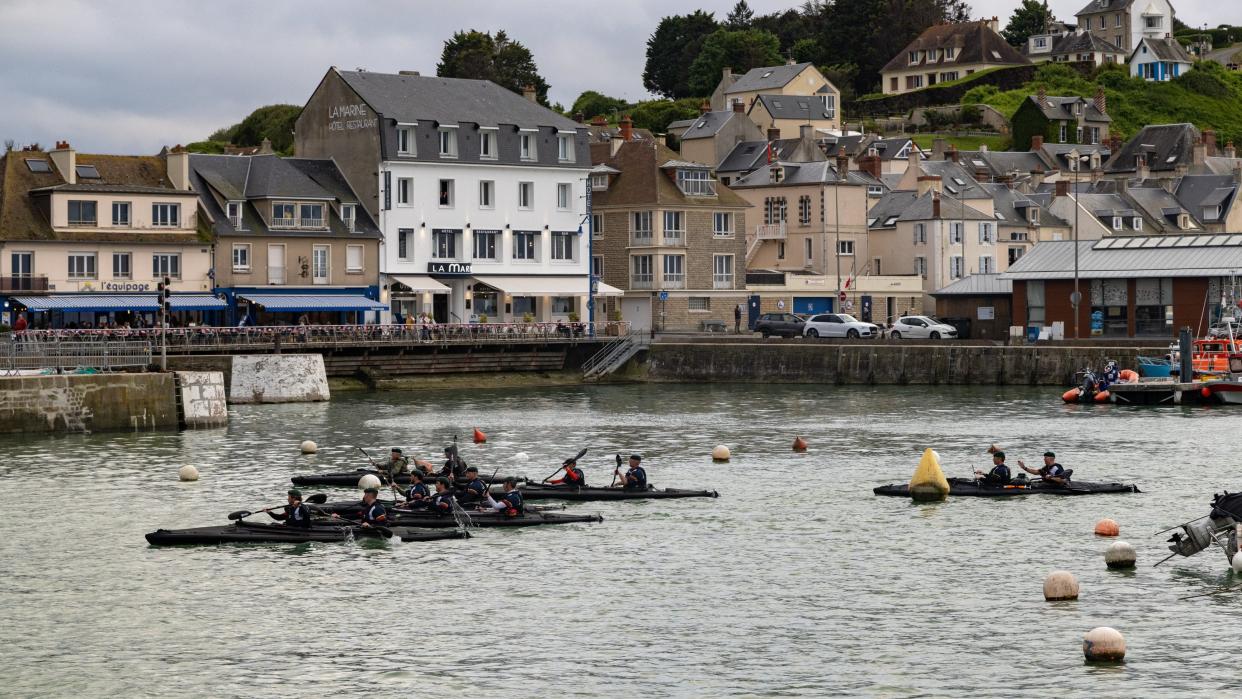Dry weather forecast for D-Day commemorations in Normandy

D-Day ceremonies on Thursday marking the 80th anniversary of the Normandy landings should be able to go ahead without disruption thanks to dry weather, the Met Office has said.
Met Office forecaster Craig Snell said Normandy, where the main commemorations will take place, will be “generally dry” and overcast in the morning but will brighten up around lunchtime.
Mr Snell said: “It’ll be pretty dry on either side of the channel. It shouldn’t hamper any commemorations during the day.
“It will be better weather compared to what they had then [in 1944]. Less windy and probably a bit brighter.”
In Falmouth, Cornwall, which will host an 80-strong flotilla, there will be a “small chance” of stray showers in the morning but it “shouldn’t impact” the town’s plans to mark the anniversary.
At the National Memorial Arboretum in Staffordshire, where the Royal British Legion’s service of remembrance is taking place in the afternoon, there will be “on and off” showers “from the word go”.
Mr Snell said: “Staffordshire will see a greater chance of showers, so people might need to have a brolly to hand.”
The weather was pivotal in setting the date for the D-Day landings.
US president Dwight Eisenhower moved the planned landings back by 24 hours on June 4, because his meteorologists forecast that conditions would worsen, according to the Imperial War Museum.
However, the decision to move the landings back further was difficult because any greater delay would risk the plans getting out.
Instead they opted for June 6 based on a prediction by Mr Eisenhower’s chief meteorologist, Group Captain James Stagg, that there would be a temporary break in the bad weather.
The weather of the planned day was “not ideal”, according to the Museum. Strong winds brought the tide in earlier than expected, making the beach obstacles harder to see.
However, had the Allies delayed by two weeks, it would have meant attempting the landing on June 19, the day a severe storm hit the Channel, damaging one of the two Mulberry harbours and destroying the other, disrupting the transfer of Allied soldiers to France.

 Yahoo News
Yahoo News 
